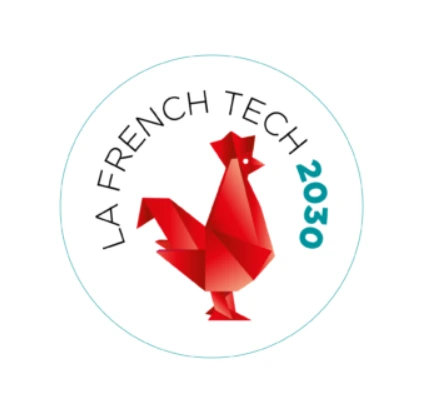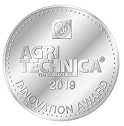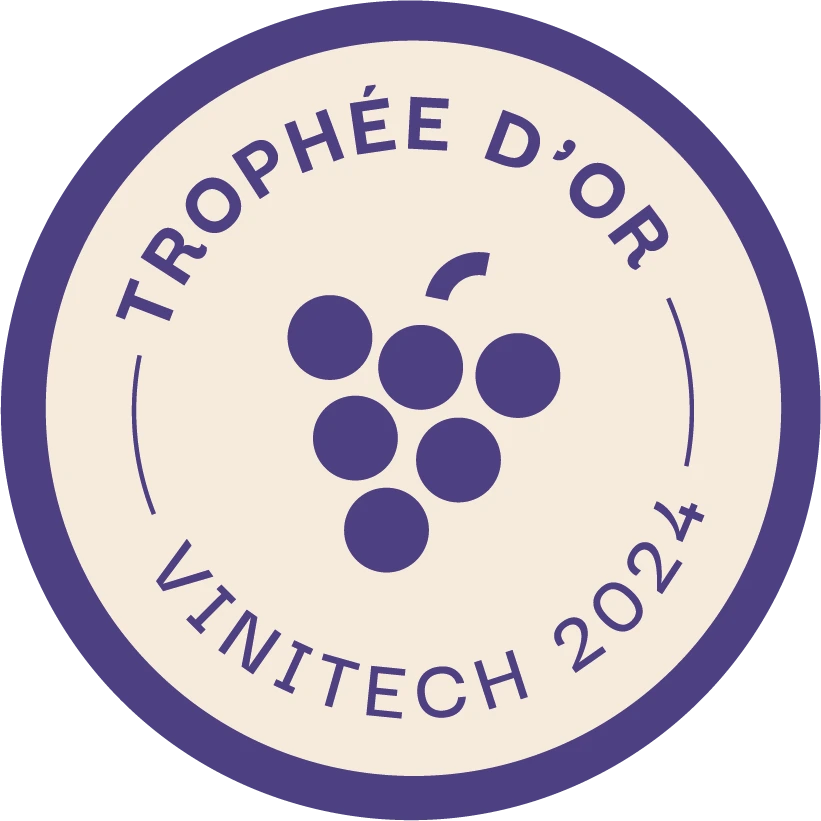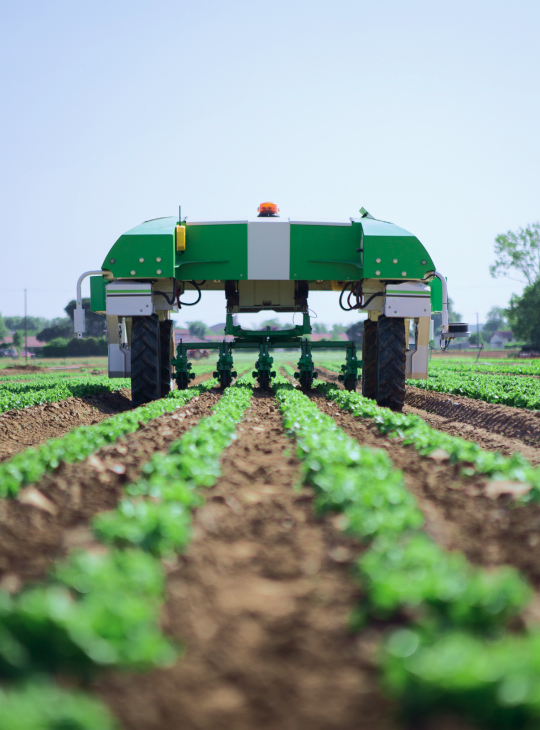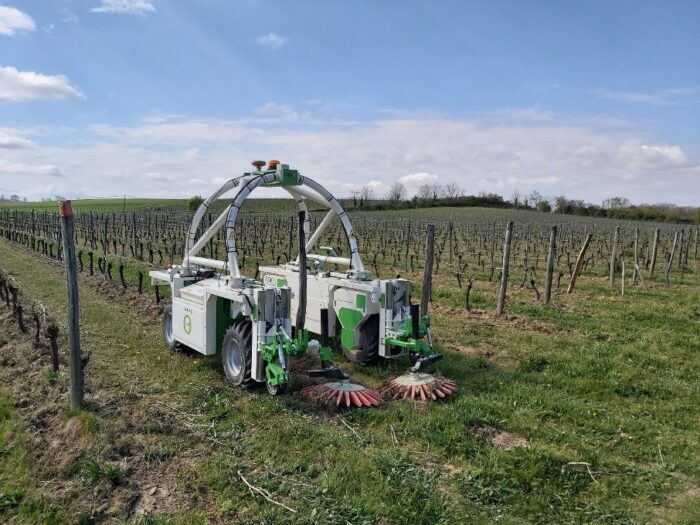
Ted has been designed to mechanically manage and weed soil mounds around vines. It has been selected by the French Institute of Vines and Wine (IFV) to be tested on DEPHY-EXPE farms as part of the Ecophyto plan. Three project managers outline what expectations they have for our vineyard robot in these experiments.
Ted selected for DEPHY-EXPE project!
The Ecophyto plan aims to reduce the use of phytosanitary products by around 50% by 2025. This objective resulted in the development of the DEPHY-EXPE project. The project involves 41 people working over 170 experimental sites, designing, testing and evaluating new and innovative crop systems that can replace current systems.
Three vineyards with high hopes for innovative and disruptive techniques
Three Ted vineyard robots will soon be working on three different French vineyards, in Gaillac, in le Gersand le Beaujolais regions. There are a number of differences, some subtle and some not so subtle, between the structures of these vineyards and their crops.
The DEPHY-EXPE experiment looks set to answer a range of questions:
– What cultivation plans can provide a disruptive advantage?
– What is site output?
– What frequency of use?
– How aggressive should used tools be?
– What settings should be used?
– What is the cost?
Vineyards with particular local features to test the robot in different ways
In Gaillac, we are hoping for a pragmatic alternative to chemical weeding
The Ecophyto plan and zero use of glyphosate are challenges that have been laid down to the profession. For Christophe Gaviglio, the IFV project manager for Gaillac, “80% of the vineyards in the area are concerned about how to manage working the soil”. The Ted vineyard robot could help them to achieve what they really hope to: reduce the use of chemical weeding and replace it with mechanical work. Ever pragmatic, the vineyards want to avoid excessive working time. The logic they have had to work around so far is as follows, “the tractor for chemical weeding needs to be used twice per year at 5 km/h, while for mechanical weeding it needs to be used five times at 3 km/h”. These figures could be significantly changed by using Ted and thus increase the profitability of mechanical working for the Gaillac vineyards, which have a gap of 2 metres between rows.
In le Gers region: high expectations throughout the project
The IFV project manager for this site, Thierry Dufourcq, describes similar challenges and hopes for Ted. However, “The adaptation of the robot to tall vines is a specific point to research in le Gers region”. He describes very large vines (2.5m between rows) and fields that are often very long on a single farm, with a significant cant to them. “Sometimes the rows have a height difference of 30 to 40cm! “. The experimental plots for initial trials are flat. In the future, and since experimentation will carry on for five years, he expects Ted to “evolve in terms of the flexibility of the tools available”. Managing a full technical itinerary would be a real opportunity. In future tests, the use of a vineyard robot on a canted slope will also be something to study.
In le Beaujolais region: tight gaps between rows can test a slimmed down vineyard robot
Pierre Martini, project manager in le Beaujolais region specifies that most farmers use the chemical option for weeding. A zero glyphosate approach will mean a major change in practices. Furthermore, “mechanical working is often impossible given the narrow gaps between rows and the tools available on the market not being suitable”. A special Ted for tighter rows has recently been redesigned for testing by the institute. The IFV team aims to provide a very tailored local approach for the use of the robot. Careful attention shall be paid to tool wear and to the power required to drive Ted over these stony soils. In the future, he hopes to be able to diversify the tools on offer with this autonomous vineyard robot, as well as effectively manage Ted on sloping ground.
The IFV: showcasing the viniculture of the future
The IFV is a core supporter of winegrowing. The data gathered from these experiments and demonstrations on vineyards can act as a showcase for this innovative approach and will drive future practices. Ted is well placed to help with the challenges at hand: the answers are on their way!


